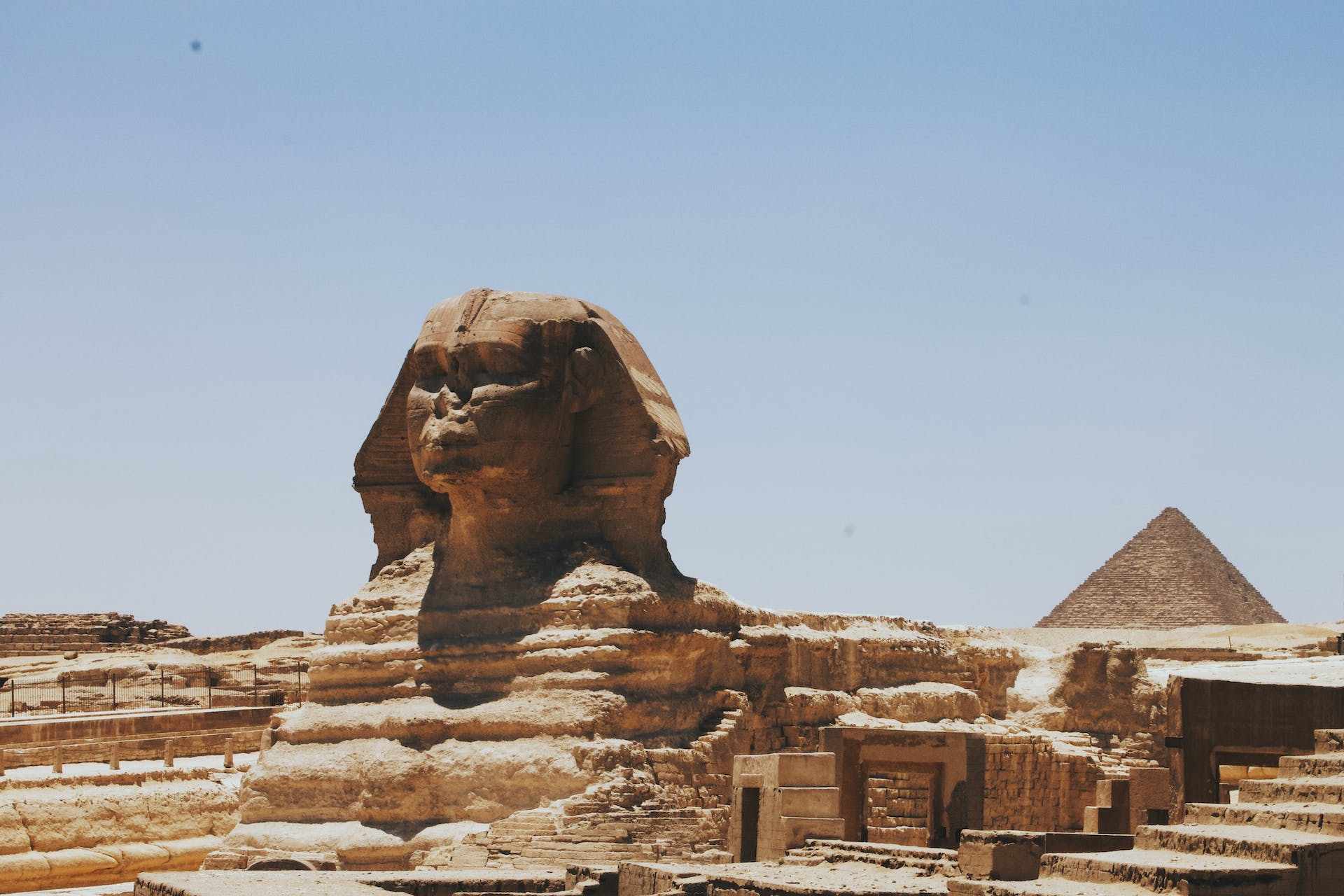History is an interesting trip through time that helps us understand where we came from, how our culture has changed, and how past events have shaped our world today. Families with young children who are starting to be interested in history can learn and have fun by doing things that spark their interest.
Let's look at a list of family activities that young history lovers will enjoy:

Go to historical sites
Visiting places with a lot of history can be a very engaging experience. From the pyramids of Egypt to the old ruins of Greece to the battlegrounds of the World Wars, these places bring textbook stories to life.
Visit local museums
Museums are full of interesting things from the past. Families can spend hours looking at exhibits and learning about old cultures, famous people, and events that changed the world. Many museums have interactive areas for kids that make learning even more fun.
Historical role play
Putting on costumes and playing out historical events can be a fun way to learn. Kids can enjoy putting themselves in the shoes of their favorite historical figures, from Egyptian pharaohs to Renaissance artists. This makes learning fun and hands-on.
Genealogical Research
Learn as much as you can about your family's past. Ancestry.com or 23andMe can help you find out where your family came from. Sharing stories about your great-grandparents or other distant cousins and what they did can be like taking a personal trip through history.
Go to historical reenactments
Many places put on reenactments of historical events, like fights from the Middle Ages or important times in the history of a country. With costumes, food, and customs from the time, these events give a vivid, hands-on look at the time.

Craft Time
Make things from different periods' storybooks. Make Roman mosaics, dream catchers from Native Americans, or blankets from the Middle Ages. With this method, kids can feel a real link to the past.
Watch a historical documentary
Thanks to modern technology, historical films are now beautifully made. Series like "Horrible Histories" and "The World at War" can be both educational and fun for kids of all ages. Make sure the information is appropriate for the age group.
Join a local historical society
Many towns and places have local historical societies that plan events, lectures, and trips. Families can learn a lot about their local past and meet other people who are interested in the same things by taking part.
Read historical fiction
Books that mix real events with stories that are made up can be very interesting to young readers. For younger fans, series like "Magic Tree House" and "The Book Thief" teach about history while telling gripping stories.

Visit virtual museums
Many of the world's best museums offer virtual tours for families who can't travel. From the British Museum in London to the Louvre in Paris, these online sites make it easy to find a lot of information.
Go to history camps
Some schools and other groups offer summer camps with a focus on history. Most of the time, these camps have a historical theme or era that runs through the lessons, projects, field trips, and other activities.
Play history board games
Games like "Timeline" and "Risk" are not only fun, but they also teach you facts and methods about the past. They are a fun way to learn about important people, events, and ideas that happened over many years.
Conclusion
History is more than just a list of times, places, and things that happened. It is a tapestry of stories, lessons, and changes. For kids who are interested in history, these tasks can help them grow their interest and make them smarter and more caring people. By making learning fun, families can make sure that the stories of the past stay alive and important to the next generation.

Our Top FAQs
1. Can kids of different ages in the same family play historical role games?
Yes, for sure! There are many ways to play historical roles. For younger kids, it can be easier and more creative to pretend to be knights or queens, for example. Older kids can learn more about their chosen historical person and act out more of their life. This method is good for kids of all ages and encourages them to play together.
2. How often should we take the child to a museum to keep him or her interested in history?
Even though there is no set number of visits, going once a month or once every two months can help keep people interested. Visiting different museums or shows can give you new ideas and help you learn new things.
3. Are there engaging websites that kids who are interested in history can use?
Yes, sites like History for Kids, BBC History for Kids, and National Geographic Kids have interesting, age-appropriate historical material. These sites often use interactive games, movies, and articles to make learning fun and interesting.
4. How can I use technology to help my child learn about history?
Augmented reality (AR) and virtual reality (VR) are tools that are changing the way people learn about history. Apps like Google Expeditions let you visit historical sites in virtual reality. AR apps can put historical information on real-world places, which makes field trips even more interesting.
5. How can I make sure that the historical fiction my child reads is true?
Even though historical fiction mixes facts and stories, it's important to figure out which parts are true. When your child is done with a book, talk about what it was about and maybe do some study together. Many writers also include notes about where they got their historical information or what they changed.
Leave a comment